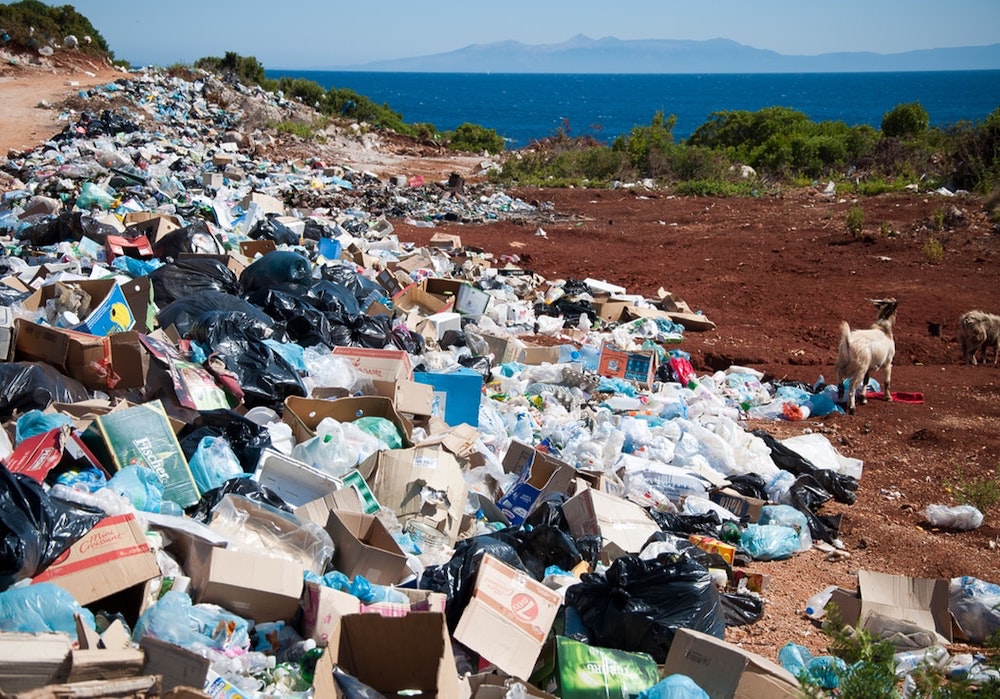ImpactAlpha, Feb. 27 – One person’s garbage patch may be another’s opportunity. That’s the message of Future of Waste from UBS Global Wealth Management, the first of a series of white papers exploring longer-term sustainable investment opportunities. The report details the challenges and investment opportunities to be found in reducing waste, from food and plastics to energy waste.
The $1.7 trillion annual waste management market is projected to quadruple over the next 30 years. Investors can find long-term value across asset classes and regions.
“Waste management is going to play an increasingly important role in delivering commercial returns, as well as tackling the climate crisis,” Partners Group’s Urs Wietlisbach says in the report.
Waste reduction bonds. Green bonds are growing fast, but just 4% address waste. French recycling company Paprec, which issued $1.8 billion in bonds to expand its recycling, but most companies use just a small portion of proceeds for waste reduction.
UBS proposes “waste reduction bonds” that can raise dedicated financing with less red tape to attract more issuers. One idea: linking corporate debt to waste reduction. UBS sees particular opportunities for companies trying to reduce food and consumer goods packaging. Nestlé, for example, has pledged to make all its packaging recyclable or reusable by 2025.
Waste not. China Everbright International’s waste-to-energy facility in Sanya each day processes more than 100 tons of food waste. The Danish company Too Good to Go has more than 400 “Waste Warriors” who stalk kitchen restaurants for wasted food and then distribute it to families in need; the organization has distributed 20 million meals to 14 million registered users.
Private equity. Innovative companies need growth capital, says UBS. London-based Winnow uses artificial intelligence-linked cameras to track the amounts of food being thrown out by 1,300 commercial kitchens in 40 countries.
The company, which has raised more than $30 million in venture funding and counts Ikea as one of its biggest customers, says it can reduce its customer’s costs by up to 8% a year. “What gets measured, gets managed,” says founder Mark Zornes.











